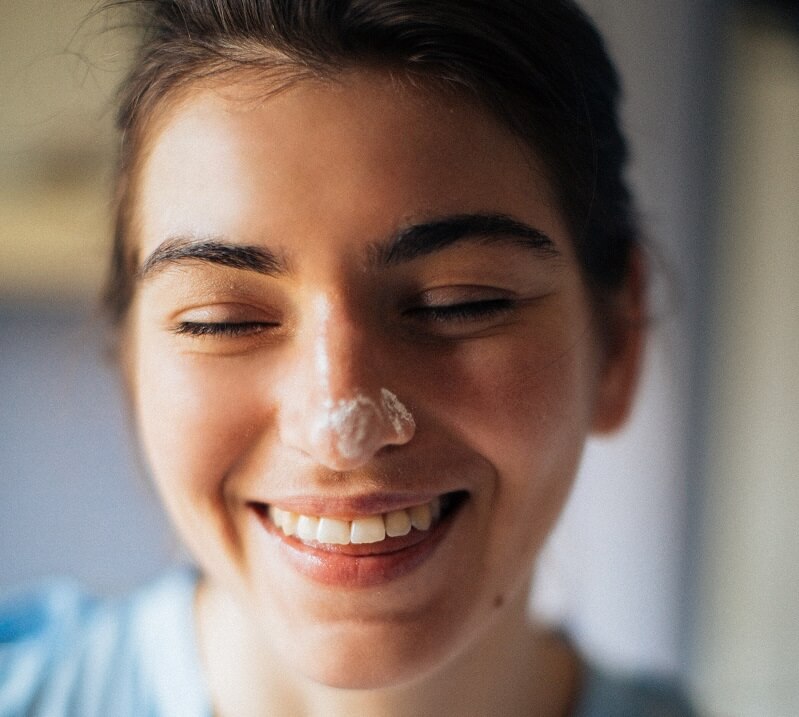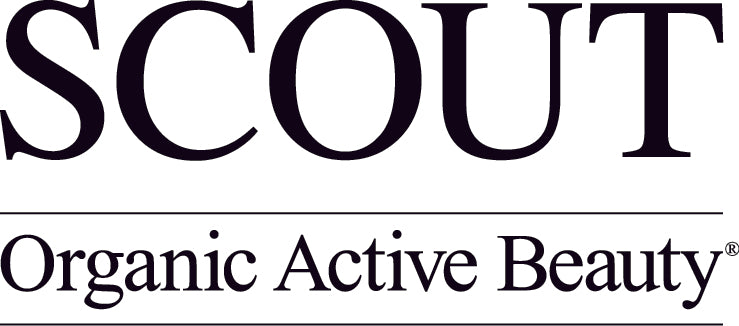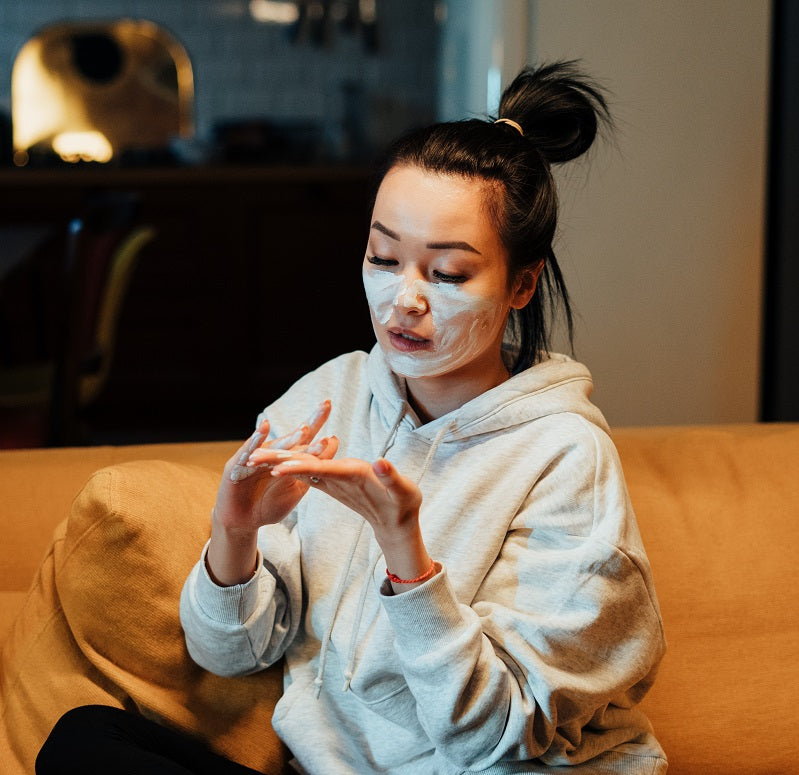
Should You Be Concerned About Parabens in Skincare & Cosmetics?
Parabens in skincare and cosmetics have been a topic of discussion and debate for decades now.
From trying to understand what those ingredients are, why are they used and do they actually harm, to what are the better alternatives, and should we stop using products with parabens altogether, the field has been studied by doctors and scientists.
It would be an understatement to say that opinions differed. So let's take a look into the cosmetic world and try to better understand the role of parabens and how they affect our wellbeing.
Here's what you need to know about parabens in cosmetics, parabens in skincare and parabens in beauty products altogether.
What are parabens?
In a nutshell, parabens are a group of preservative ingredients used in skincare, cosmetic, hygiene products and pharmaceuticals.
These ingredients extend the shelf life (and to a degree, safety) of products by preventing the growth of fungi, bacteria and yeast.
That's why most of the widely available moisturisers, lotions and shampoos you find at the drugstore can last for months and even years before they expire.
Parabens were first commercialised in the 1950s, and if the product you are using contains methylparaben, ethylparaben, propylparaben, butylparaben and isobutylparaben, it has parabens.
The most common parabens found in skincare and cosmetics are:
Propylparaben
Isopropylparaben
Butylparaben
Isobutylparaben
Ethylparaben
The products
Parabens are used in a variety of beauty products. They are especially common in products with a high water content which people use every day, such as shampoos and conditioners.
The most commonly used and widely available products on most people's bathroom shelves usually contain parabens.
These are:
Shampoos and conditioners
Body lotions and creams
Face cleansers and toners
Moisturisers and serums
Foundation, lipstick, mascara etc.
Toothpaste and mouthwash
It's also important to note that many grocery items also contain parabens. You'll often find them in sauces, desserts, soft drinks, jams, pickles, frozen dairy products, processed vegetables, syrups etc.
Fun fact. Parabens also occur naturally in many fruits and vegetables, such as cucumbers, cherries, carrots, blueberries and onions.
Shop Natural Australian Skincare
Negative effects
Okay, now let's get to the main questions. Are parabens bad for the skin and actually harmful to our health, and if so, what do the main risks are? Should we dump all our shampoos, lotions and other products in this instance?
The short answer is probably yes.
When you use products with parabens, they get absorbed into your body through the skin and then metabolised and gotten rid of in urine and bile (gross, we know).
Sounds pretty simple, right? Well, it would be, but unfortunately, because most of us use various products with parabens daily, this can become a problem and a health hazard.
There are quite a few studies that have compared paraben levels in the bodies of people who use such products regularly and who do not. And while more research is needed, the results are not encouraging.
For example, one study has shown that girls who wore hey makeup every day had 20 times the levels of propylparaben in their urine compared to those who never or rarely wear makeup.
Keep reading to learn why that's concerning.
Hormones
It's been established for a while now that parabens are endocrine disruptors. That means they can create hormone imbalance by tricking the body to think they are a hormone.
In some animal studies, it's been discovered that the commonly used parabens mimic the hormone estrogen and can even harm reproductive development. While human studies are needed, it's not a great start.
Cancer
And because parabens mimic estrogen and create hormonal imbalance, they have been linked to breast cancer. Different studies had conflicting results or were inconclusive; however, one of the most recent studies in Iran found that the amount of parabens consumed increased the risk, especially in people with hereditary breast cancer.
Those who have a deeper interest in skincare and cosmetic safety may have also heard the now-famous study of Philippa Darbre, a senior lecturer in oncology and researcher in biomolecular sciences at the University of Reading in England. She specialises in the impact of estrogen on breast cancer, and in 2004, her team published a study that detected parabens in 18 of 20 samples of tissue from breast tumour biopsies.
The results have caused quite the stir and called out for more investigation about parabens in skincare and parabens in beauty products.
Skin irritation
One of the more common side effects of products with parabens, especially for people with sensitive skin, is skin irritations like itches or rashes and contact dermatitis.
That's why it's always recommended to do a patch test before using any new products and to avoid parabens altogether if you have skin conditions or allergies.
The environmental effect
The health of our planet and the environment is directly linked to our own personal health and wellbeing. And parabens are not winning any points here either.
They have been associated with various ecological harm, including the destruction of coral reefs (from all the butylparaben in sunscreens that ultimately bleaches and kills coral);
These chemicals also end up in the waters like oceans and rivers through the wastewater and can then be found in flora and fauna. Some studies have shown increased levels of parabens in the tissues of sea animals like dolphins or sea otters.
Shop Natural Cosmetics
What's the alternative?
So what should we do? It may seem pretty straightforward - let's just ditch all paraben containing products; however, formulating products without them is a challenge, and there are still not enough brands that do that.
Chemists are constantly trying to find the best formulas to keep cosmetics and skincare from spoiling longer, and often, the alternative comes from nature.
Such ingredients as oregano, thyme, rosemary, goldenseal root, grapefruit seed extract or lavender oil have natural preservative properties, but the best blends take time to come by, and they are much more expensive than parabens.
One of the key factors here is consumer awareness, as while so many people still don't see the point of making the switch, the research is slow, and new products are harder to come by.
That's why the responsibility to find paraben-free skincare lies on us, the consumer too. We need to do our research and start making the switch.
But with natural cosmetics gaining more momentum, it's not unreasonable to think that in a decade or so, consumer demand for natural and non-toxic ingredients will drive parabens out.
How to choose
Unfortunately, greenwashing (presenting something as natural and environmentally friendly while it's not) is quite prevalent, so if you decide to choose paraben-free skincare, make sure you're thorough reading the labels and ingredient lists.
It's not difficult to understand whether a product contains any parabens as their full chemical names always end in the word "paraben" (e.g., methylparaben, propylparaben, or butylparaben).
Make sure you look not only at your local drug store but online too. There are plenty of great brands that create paraben-free products that are non-toxic and just as effective.
Just don't forget to check the expiration date - it should be indicated on the bottle or the box - as these products usually last a little shorter.
SCOUT paraben-free skincare
At SCOUT, we believe in taking the best of what nature has to offer to create a range of effective and results-driven formulas that deliver on their promise without the use of harmful, toxic and animal-derived ingredients to enhance your natural beauty.
We pride ourselves on harnessing the power of Australian nature, as we only use the highest quality sustainably and ethically sourced Super Food ingredients alongside proven active formulations to nurture, protect, and enrich your skin throughout wear.
Our skincare, mineral makeup, and nail polish collections provide a safer alternative to products that are laden with chemicals and harmful ingredients.
Our skincare products are paraben-free, sulphate-free, alcohol-free, fragrance-free, phthalate-free, free of added fillers, cruelty-free, vegan.




